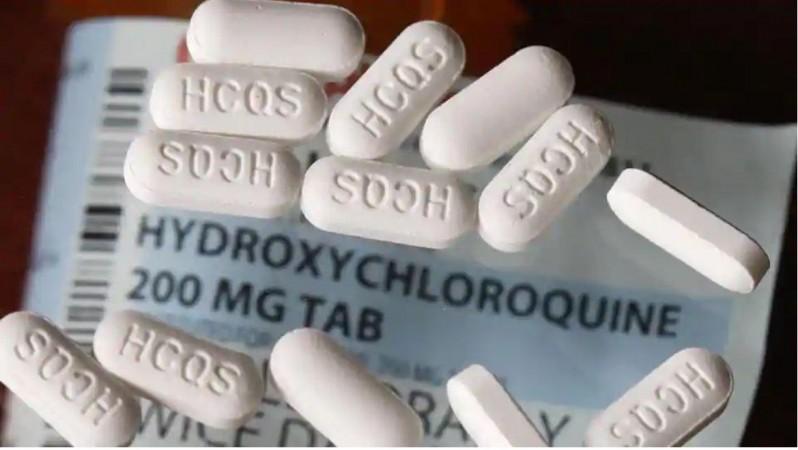As the Narendra Modi government allowed the export of anti-malaria drug hydroxychloroquine, which is also being used in the treatment of coronavirus, shortage of the "game-changing" medication has forced Rajasthan government to return its entire stock of 300 mg tablets to the firm it was acquired from. The state government has also returned 25 per cent of the stock of Hydroxychloroquine 200/400 mg tablets.

The Ashok Gehlot-led state government had acquired the medicine in view of coronavirus pandemic after it was reported that the medicine can be used in high-risk cases. Hydroxychloroquine is an anti-malaria drug but it is also used for the treatment of arthritis. The sudden rise in the demand due to the coronavirus pandemic has triggered the shortage, which has created inconvenience for the arthritis patients.
"Not a single tablet of Hydroxychloroquine available in Jaipur. I cannot get Hydroxychloroquine for prophylaxis if I need to treat COVID19 patients. Also, thousands of Arthritis patients deprived of HCQS. Where has the stock gone? And then you see India capitulating before Trump," wrote one user on Twitter.
#Rajasthan govt to return entire stock of #Hydroxychloroquine 300 mg Tab & 25 % of #Hydroxychloroquine 200/400 mg Tab to the firms from where they acquired it.
— Tabeenah Anjum (@TabeenahAnjum) April 7, 2020
Govt acquired the entire stock in wake of #COVID19Pandemic but its shortage created inconvenience for arthritis patients https://t.co/EnAuYl0sBM pic.twitter.com/cl6Rf1GFKb
India allows export after Trump's threat
India had restricted exports of 26 pharmaceutical ingredients and the medicines made from them to mee the domestic demand in the wake of coronavirus pandemic. However, US President Donald Trump demanded India to supply the medicines and threatened "retaliation" if it declined.
Hours after Trump's threat, the Government of India came out with a statement that they will supply Hydroxychloroquine to countries affected by the coronavirus. The medicine will also be supplied to all the neighbouring countries battling the coronavirus pandemic.
"It has been decided that India would licence paracetamol and Hydroxychloroquine in appropriate quantities to all our neighbouring countries who are dependent on our capabilities. We will also be supplying these essential drugs to some nations who have been particularly badly affected by the pandemic," Foreign Ministry spokesperson Anurag Srivastava said.














